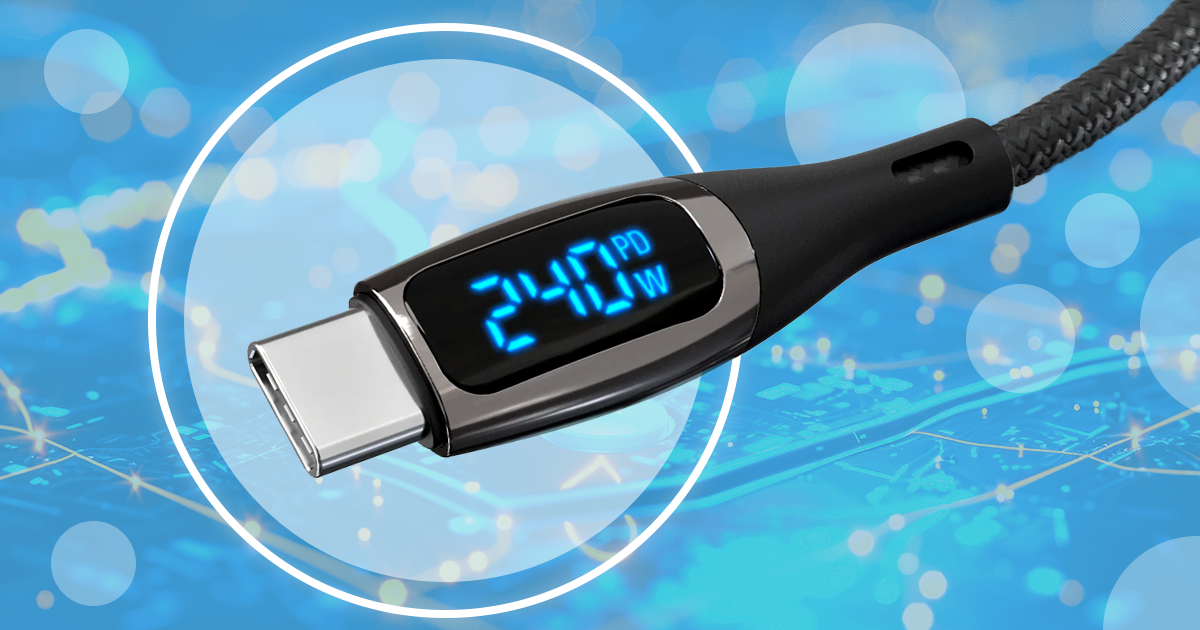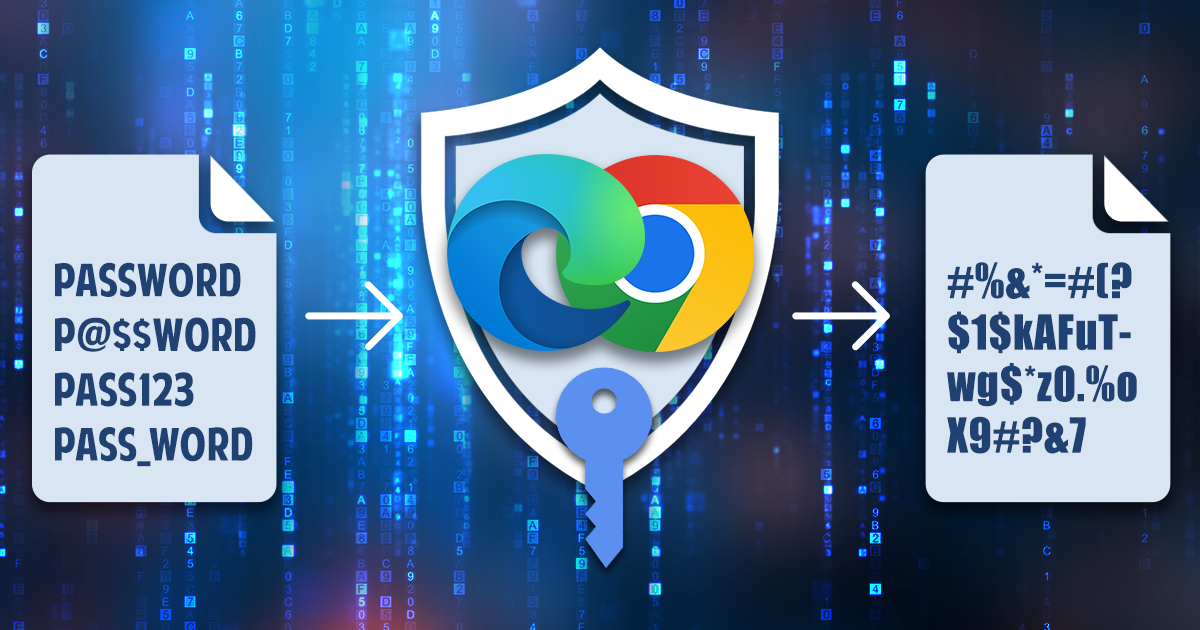iOS Forensic Toolkit 7.0 brings low-level extraction support for the latest generation of Apple devices. This includes the entire range of iPhone 12 models as well as all other devices capable of running iOS 14.0 to 14.3. Learn how to image the latest iPhone models without a jailbreak.
Apple has long provided its users the tools to control how apps and Web sites use their personal data. The release of iOS 14 brought a number of new privacy features, while iOS 14.3 adds an important extra. At the same time, one of the most interesting privacy features is facing tough opposition from a group of digital advertising associations, making Apple postpone its implementation.
The past two years have become a turning point in iOS acquisition. The release of a bootrom-based exploit and the corresponding jailbreak made BFU acquisition possible on multiple devices regardless of security patches. Another exploit covers the entire iOS 13 range on all devices regardless of their hardware revision. ElcomSoft developed a jailbreak-free extraction method for the entire iOS 9.0-13.7 range. Let’s see what low-level acquisition options are available today, and when to use what.
If you are familiar with iOS acquisition methods, you know that the best results can be obtained with a full file system acquisition. However, extracting the file system may require jailbreaking, which may be risky and not always permitted. Are there any reasons to use jailbreaks for extracting evidence from Apple devices?
It’s been a week since Apple has released iOS 14.2 as well as iOS 12.4.9 for older devices. Just a few days later, the developers updated the checkra1n jailbreak with support for new devices and iOS versions. What does that mean for iOS forensics? Let’s have a look; we have done some testing, and our discoveries are positively consistent with our expectations. Just one exception: to our surprise, Apple did not patch the long lasting vulnerability in iOS 12.4.9 that leaves the door open to full file system extraction and keychain acquisition without jailbreaking.
When investigating iOS devices, you may have seen references to the SoC generation. Security researchers and developers of various iOS jailbreaks and exploits often list a few iPhone models followed by a note that mentions “compatible iPad models”. This is especially common when discussing iOS forensics, particularly referring to the checkra1n jailbreak. What do those references mean, and how are the iPhone and iPad models related? Can we count the iPod Touch and Apple TV, too? Let’s have a look.
checkm8, checkra1n, EIFT, Elcomsoft iOS Forensic Toolkit, Elcomsoft Phone Breaker, Elcomsoft Phone Viewer, EPB, EPV, iCloud, iOS, iOS 14, iOS14, iPad, iPhone, keychain
The number of iOS 14 users is on the raise, and we will see it running on most Apple devices pretty soon. Apple had already stopped signing the last version of iOS 13 on all but legacy hardware. Soon, we will only see it running on the iPhone 5s and iPhone 6 which didn’t get the update, and on a small fraction of newer devices. If you are working in the forensic field, what do you need to do to make yourself ready for iOS 14? Our software may help.
Everyone’s iPhones contain overwhelming amounts of highly sensitive personal information. Even if some of that data is not stored on the device, the iPhone itself or the data inside can work as a key to other many things from bank accounts to private family life. While there are many possible vectors of attack, the attacker will always try exploiting the weakest link. Learn to think like one, find the weakest link and eliminate the potential vulnerabilities before they are exploited. This guide comes from the forensic guys making tools for the law enforcement, helping the good guys break into the bad guys’ iPhones.
iOS 14 is officially out. It’s a big release from the privacy protection standpoint, but little had changed for the forensic expert. In this article, we’ll review what has changed in iOS 14 in the ways relevant for the forensic crowd.
The long-awaited update for Elcomsoft Phone Breaker has arrived. The update brought back the ability to download iCloud backups, which was sorely broken since recent server-side changes introduced by Apple. We are also excited to become the first forensic company to offer support for iCloud backups saved by iOS 14 beta devices, all while supporting the full spectrum of two-factor authentication methods. We are proud to provide the most comprehensive forensic support of Apple iCloud with unmatched performance, accelerating forensic investigations and providing access to critical evidence stored in the cloud.


